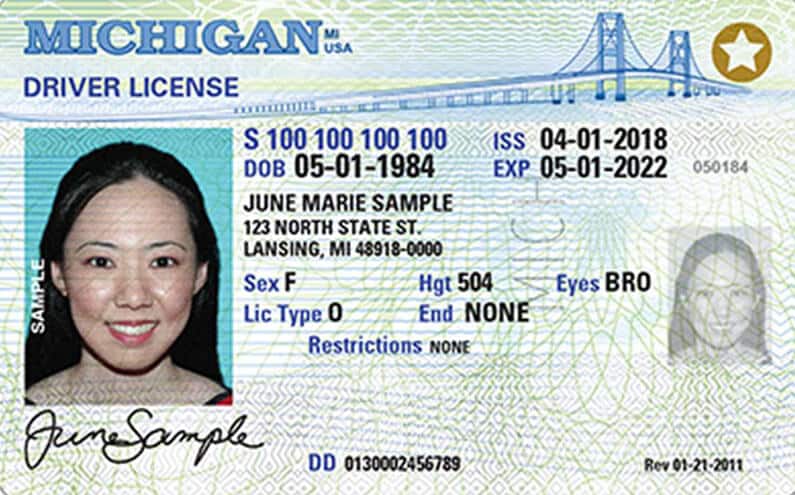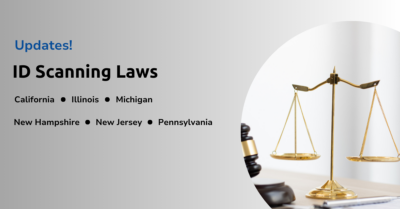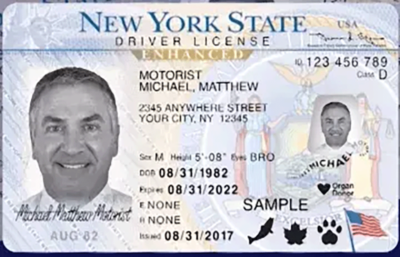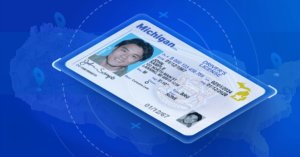Overview of Michigan ID scanning laws
Michigan has 4 laws which we consider relevant to ID verification, in addition to other laws which may related to age verification, identity verification, KYC, privacy, and biometrics.
Can you scan IDs in Michigan?
Yes. There are no laws prohibiting the electronic scanning of an ID in Michigan. A Michigan statute does prohibit those who are not a party to a transaction from scanning IDs without consent, but lawfully operating businesses are not restricted from ordinary operations that include ID scanning.
Can you save data from a scanned ID in Michigan?
Yes. There are no current laws which limit or restrict saving data from a scanned ID in Michigan. However, stored personal information may not be disclosed unless expressly permitted in section 2 of Act 222.
Does Michigan offer affirmative defense for ID scanning?
Kind of. Michigan has no affirmative defense laws related to ID scanning. However, “use of a secure identity verification device,” which meets certain standards is considered “diligent inquiry in MCL – Section 436.1701. Diligent inquiry is considered an affirmative defense for the sale of alcohol and tobacco for minors. The following conditions must be met for the identity verification device to meet the threshold for diligent inquiry:
- (A) The electronic scan of a biometric of the individual is referenced against any form of picture identification described in subparagraph (i).
- B) The authenticity of the picture identification was previously verified by an electronic authentication process.
- (C) The identity of the individual was previously verified through a commercially available knowledge-based electronic authentication process.
- (D) The authenticated picture identification was securely linked to biometrics contemporaneously collected from the individual.
In this way, ID scanning does act as an affirmative defense in Michigan.
What types of IDs does Michigan issue?
Michigan issues drivers licenses and state IDs, including REAL ID.
Individual Michigan ID verification laws

Age verification for alcohol sales
Michigan requires that businesses verify age, but does not require electronic scanning or verification for alcohol sales.

Age verification for tobacco sales
Michigan requires that businesses check IDs for tobacco product purchasers appearing less than 27. Online sales must include digital age verification to ensure the purchaser is at least 21 years old.

ID scanning for scrap metal
Michigan requires scrap metal purchasers to keep record of a seller’s name, address, ID number, and a copy of the ID. ID scanning can ensure this process is efficient and compliant.

ID scanning for ephedrine or pseudoephedrine
Sellers of ephedrine or pseudoephedrine must verify ID and keep records containing ID and sale information.
Data privacy laws in Michigan
Michigan does not have a comprehensive data privacy law. One was introduced in November 2023 (SB 659) but died in committee.



